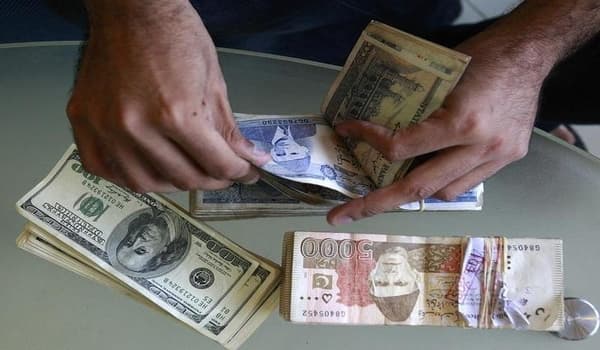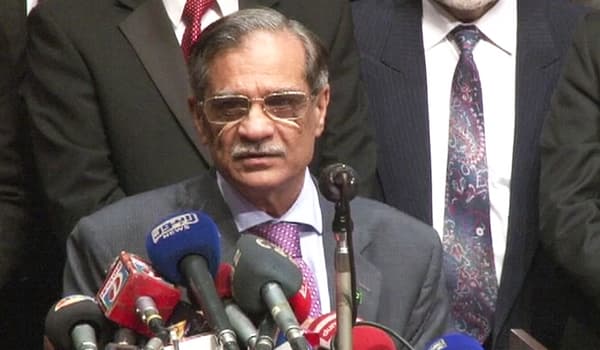Islamabad: Finance Minister Ishaq Dar refuted reports of new taxes being imposed on the agriculture and construction sectors, contrary to claims that surfaced after the government’s recent USD 3 billion deal secured with the International Monetary Fund (IMF) last month, according to news published on July 21.
Read: FBR ready to impose new taxes to bridge shortfall
Minister Dar emphatically stated that no new taxes would be enforced on these sectors during his address to the National Assembly. His statement came after the IMF board approved a USD 3 billion stand-by agreement (SBA), offering relief to Pakistan amidst default risks.
To provide further transparency on the matter, Minister Dar presented three IMF-related documents to the National Assembly’s library, providing accessibility to all lawmakers. The documents included a letter of intent signed on June 30, a memorandum of economic and financial policies, and a technical memorandum of understanding. It was highlighted that the finance ministry’s website would make all these documents available online.
زراعت اور تعمیرات پر کسی قسم کا کوئی ٹیکس نہیں لگایا گیا اور نہ ہی لگایا جائیگا- https://t.co/iIVGkM0R92
— Ishaq Dar (@MIshaqDar50) July 21, 2023
Furthermore, the Finance Minister appreciated officials and the opposition for their contributions in finalising the IMF agreement. He explained that signing a new agreement was preferred over completing the ninth review to avoid losing USD 1.4 billion due in the 10th and 11th reviews. The government initially aimed for a USD 3.5 billion IMF pact but both parties agreed on USD 3 billion. The agreement’s duration is spread over nine months to allow the incoming government to make independent decisions in the future.
Read: IRIS system upgrade proposed to manage immovable property tax challenges
Minister Dar highlighted that the recent payments of USD 2 billion from Saudi Arabia and USD 1 billion from the UAE have positively impacted the country’s financial situation.
He reassured the agricultural community, particularly those in villages, that no new tax measures would be imposed. Dar expressed confidence that the government’s policies would lead to a calming down of inflation and shared the State Bank of Pakistan’s estimates of a 7% drop in consumer inflation over the coming two years.








